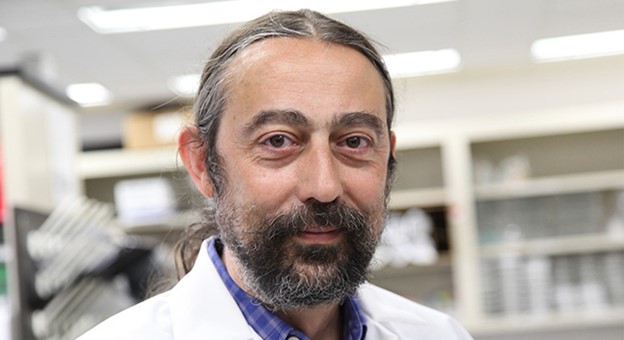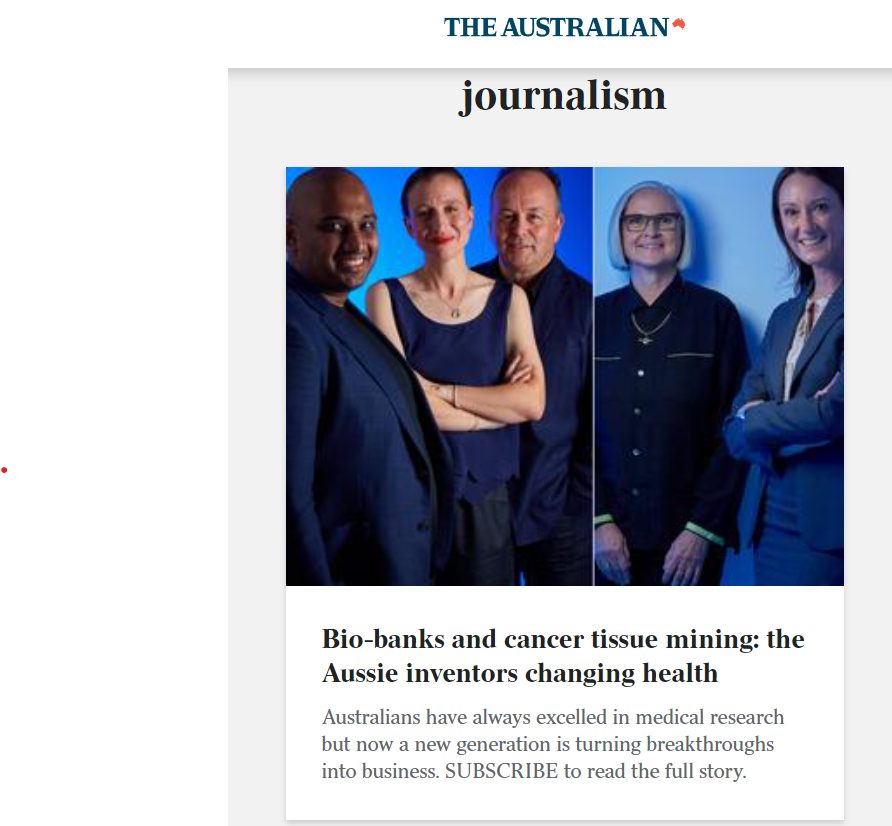Pandemics & Society Seminar, 21 November: Excess Mortality in Mainland China after the End of the Zero COVID Policy
For the penultimate Pandemics & Society Seminar of our Fall 2024 series we are pleased to welcome Isaac Fung (Georgia Southern University). The seminar will be held on Thursday, 21 November at the normal time (1600 CET). More information about our speaker and the presentation is below. You can sign up for email notifications about the seminar series, including the Zoom details, here.
Abstract
Background: After the Zero COVID policy ended on December 7, 2022, ~90% of the mainland Chinese population were infected in a COVID-19 wave. This systematic review synthesized research estimating excess mortality during that wave in mainland China.
Methods: We searched seven bibliographic databases with specified keywords on May 9 and 16, 2024. Peer-reviewed research articles in Chinese or English, published since January 1, 2023, estimating excess deaths at the population level due to the COVID-19 wave following the end of the Zero COVID policy were included. Risk of bias was assessed using a modified Newcastle Ottawa Scale. Two authors independently conducted abstract screening, full-text review, data extraction and risk-of-bias assessment. We estimated all-cause mortality in mainland China by extrapolating Shanghai data with age-standardization.
Results: Seven articles were included. Two analyses of Shanghai’s death records of a town and a district estimated the respective excess mortality rates of 153.60% and 174.33%. Extrapolating the district’s data to the whole mainland China, we estimated the all-cause mortality to be 4.96 million, of which 3.14 million would be excess deaths. Using indirect methods, four studies estimated national excess mortality, ranging from 0.71 million to 1.87 million. Another study estimated excess mortality in Taiyuan.
Conclusions: Studies using indirect methods provided national all-cause mortality estimates lower than estimates extrapolated from a Shanghai district’s death records. Choice of reference period, seasonality, and other factors affect expected mortality estimation. Excess mortality is the difference between actual and expected mortality; uncertainties in the latter two result in uncertainty in the former.
About the Speaker
Isaac Chun-Hai Fung, PhD, is an associate professor of epidemiology in the Jiann-Ping Hsu College of Public Health, Georgia Southern University. His current research interests include COVID-19 epidemiology, pandemic preparedness and emergency response. He has published 100+ publications in peer-reviewed journals. He was a CDC Prevention Effectiveness Fellow in 2011-2013 in which he was part of the 2013 avian influenza H7N9 emergency response. Since joining Georgia Southern University in 2013, Fung has helped create its Doctor of Public Health (DrPH) epidemiology program. Fung’s group has graduated 3 DrPH epidemiology students so far: the first doctoral student now works for the CDC; the second one proceeded to Harvard for postdoc and now works in the industry; the third one is currently a postdoc at the University of Kentucky.


